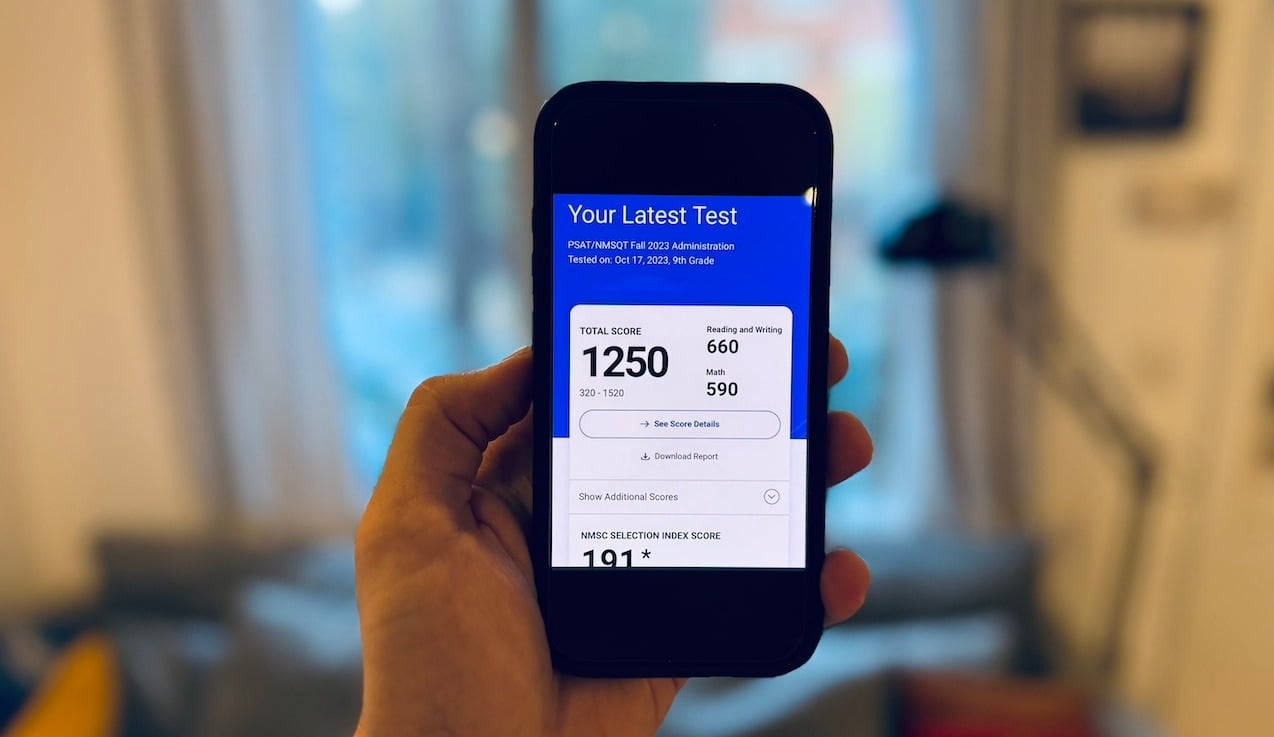Since the pandemic hit, the majority of colleges in this country adopted temporary or permanent test-optional policies. A test-optional policy allows a student to apply to a college without reporting SAT or ACT scores.
This was especially helpful in the throes of shutdowns when standardized testing was not readily available to all students. As restrictions ease and more testing centers open up, students wonder if they even have to take the SAT or ACT given how many colleges still remain test-optional.
READ MORE: 3 Questions on Submitting Test Scores That I Get Asked Daily
Test-optional policies appear to be student-friendly, and they make it seem like colleges, even the highly selective ones, are within reach. However, these policies hide a host of perks for the colleges and implications for students that are not apparent at first glance.
Here are some considerations to make before deciding whether or not to report your scores:
1. Just because a college has a test-optional policy doesn't mean they don't care about test scores.
They simply are allowing students the choice on whether or not they report scores. But every college wants to brag about how high its test scores are for admitted students. High test scores still matter to them—big time.
2. Last year, highly selective colleges with test-optional policies appeared to favor students who submitted scores (and obviously favored the students with higher test scores).
3. If a student chooses not to report their test scores, everything else in their application needs to be extremely competitive for that particular college.
4. Because students have a choice in whether they report their SAT or ACT scores, average test scores of admitted students for test-optional colleges are on the rise.
This means that the bar is getting higher each year for test scores. What was once considered a competitive score may not be high enough in the eyes of colleges.
5. If you are deciding whether or not to report your test scores, make sure to compare your highest scores with the college's most recent middle 50% range of scores for admitted students.
This data is usually not available on most college's admissions websites until late summer or early fall. To report, your best scores should be in the middle 50% range at the very least, preferably higher. Students who get admitted with lower scores are usually institutional priorities for the college (recruited athletes, students from underrepresented groups/backgrounds, etc.).READ MORE: What You Need to Know About College Application Supplements
Don't be fooled. These colleges adopt policies that help themselves, first and foremost. Having a test-optional policy increases applications and diversity of all kinds for a college. That's why so many colleges are still test-optional. Just because a college has a test-optional policy doesn't mean they are being fair when using it. While I wish colleges were more transparent about test scores, test-optional policies, and the admissions process, at least we are.












